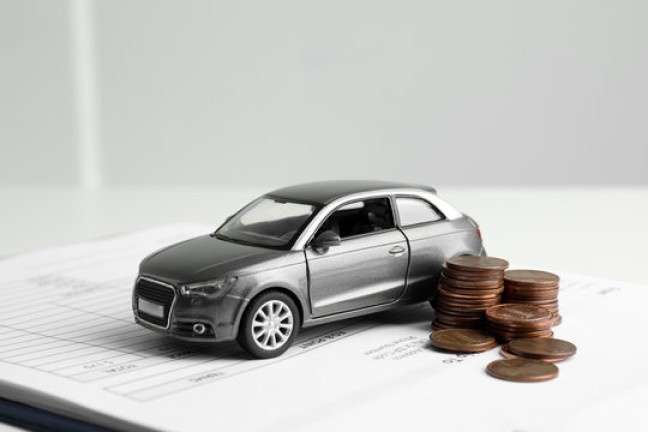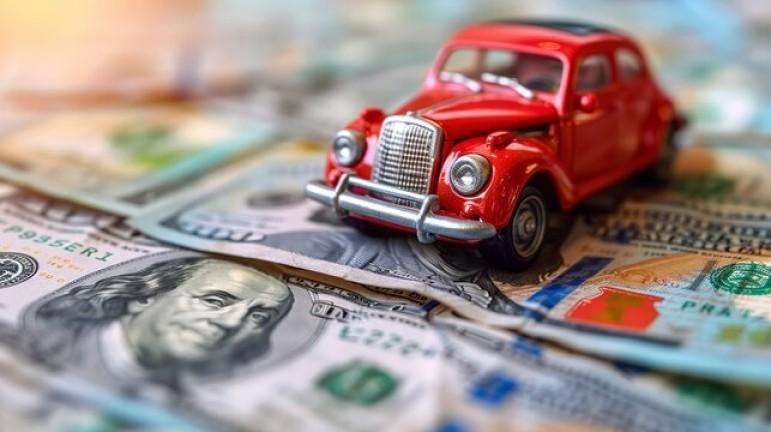What is Bank Car Finance?
Bank car finance is a loan that helps individuals buy a vehicle by borrowing from a bank. The borrower repays the loan over time, usually with interest. Banks offer car loans with different interest rates, repayment terms, and eligibility criteria.
Table of Contents
How Bank Car Finance Works
When someone applies for a car loan, the bank assesses their creditworthiness. If approved, the bank disburses the funds either to the borrower or directly to the car dealer. The borrower repays the loan in installments over a fixed term, typically ranging from 12 to 84 months. The bank may use the car as collateral, meaning they can repossess it if payments are not made.
Interest Rates and Loan Terms
Banks offer different interest rates based on credit scores, income levels, and loan tenure.
| Factor | Impact on Interest Rate |
|---|---|
| Credit Score | Higher scores get lower rates |
| Loan Term | Longer terms often have higher rates |
| Down Payment | Larger down payments reduce the principal amount |
| Employment Status | Stable employment history lowers risk |
For instance, a borrower with a high credit score (750+) may get a 6% interest rate, while someone with a lower score (600) may get 10%.
Fixed vs. Variable Interest Rates
Banks offer two types of interest rates:
- Fixed Rate: The interest rate remains the same throughout the loan period.
- Variable Rate: The rate fluctuates based on market conditions.
| Type | Pros | Cons |
|---|---|---|
| Fixed Rate | Predictable payments | Higher starting rate |
| Variable Rate | Lower initial rate | Payments can increase |
Choosing between the two depends on risk tolerance and market predictions.
Example Loan Calculation
Let’s compare a fixed-rate and variable-rate loan for a $25,000 car with a 10% down payment.
| Loan Detail | Fixed Rate Loan | Variable Rate Loan |
|---|---|---|
| Loan Amount | $22,500 | $22,500 |
| Interest Rate | 7% | 6% (initial) |
| Term | 5 years | 5 years |
| Monthly Payment | $446 | Starts at $438 |
| Total Interest | $4,260 | Can vary |
| Total Cost | $29,260 | Can increase |
A fixed-rate loan ensures steady payments, while a variable-rate loan can start lower but may rise later.
Bank Car Finance vs. Dealer Financing
Car buyers can also finance through dealers, but bank loans often have lower interest rates.
| Feature | Bank Car Loan | Dealer Financing |
|---|---|---|
| Interest Rate | Lower | Higher |
| Loan Processing | Longer | Faster |
| Negotiability | More flexible | Less flexible |
If a buyer qualifies for a low-interest bank loan, it is usually the better choice.
Prepayment and Foreclosure Options
Most banks allow early repayment, but some charge penalties.
| Loan Amount | Interest Rate | Tenure | Prepayment Penalty |
|---|---|---|---|
| $20,000 | 8% | 5 years | 2% of balance |
| $30,000 | 7% | 6 years | None |
A borrower should check if prepayment saves money in the long run.
Factors to Consider Before Choosing a Bank Car Loan
- Interest Rate: Compare rates from different banks.
- Loan Tenure: Longer terms reduce monthly payments but increase total interest.
- Hidden Fees: Some banks charge processing fees and penalties.
- Repayment Flexibility: Look for options that allow early payments.
Conclusion
Bank car finance is a practical way to purchase a vehicle without paying the full amount upfront. By understanding loan terms, interest rates, and repayment options, borrowers can make informed decisions and avoid financial strain.





